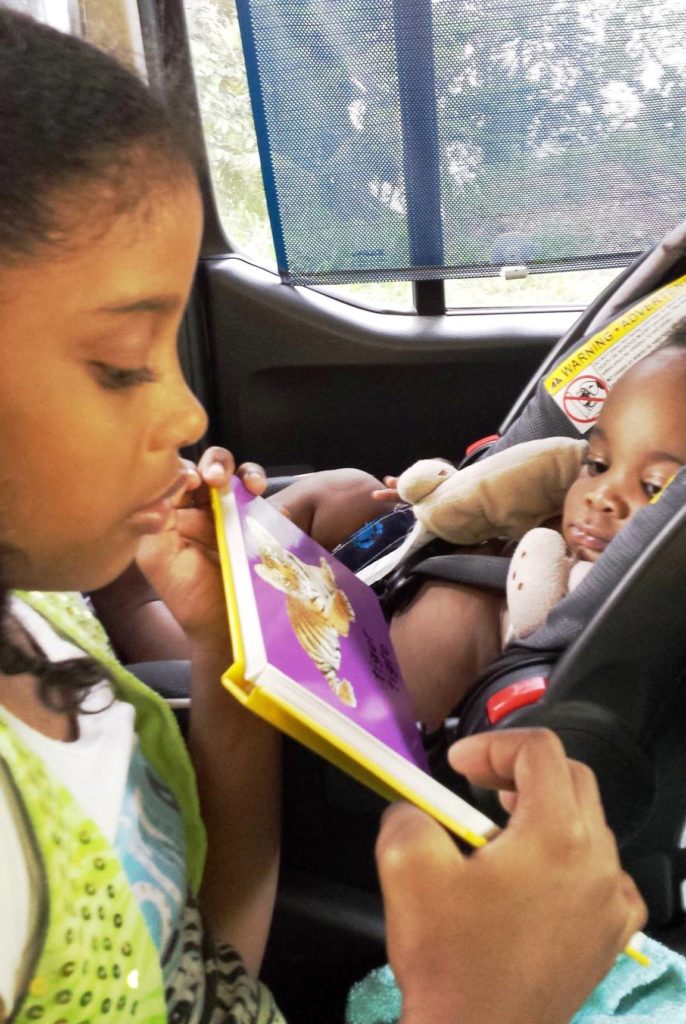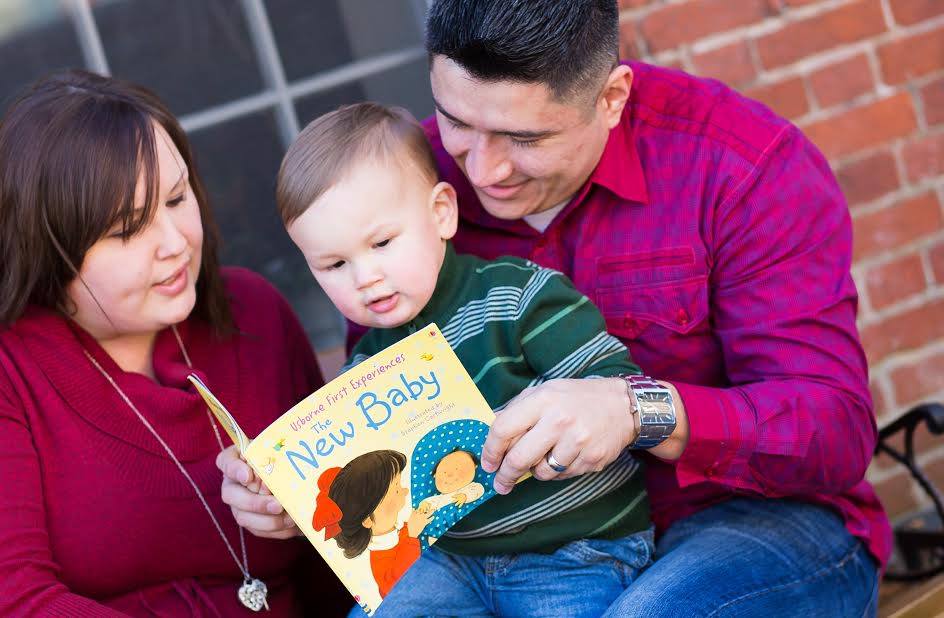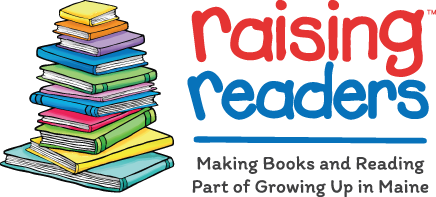What is the Difference Between Early Literacy and Family Literacy?
April 23, 2018 | Early Childhood Literacy, Early Literacy, Family Literacy
Sometimes people in the literacy world throw terms around like everyone knows what they mean. Worse, sometimes people use the same words to mean different things! That leaves the rest of us scratching our heads trying to figure out what they’re talking about. We’re fortunate to have a forum like this where we can ask questions when things are confusing or unclear. This week, we tackle a couple of terms that a reader wondered about early literacy and family literacy.
What is Early Literacy?
Early Literacy is typically used to describe the period between birth and age 8 when young children are building their assorted language skills that will assist them in being competent literacy consumers and producers. This window includes the emergent phase before children are conventional readers and writers and the very early stage of conventional reading and writing when children are starting to decode words and produce some of their own writing.

You can imagine with a range as wide as birth to 8 that a lot goes on during that time! Children move from no words at all to right around 2,000 words by age 5. That’s a huge leap in language growth.
In fact, on average between 2 ½ and 5, children learn a whopping 3 words a day! Even if you go on to learn additional languages, become an astrophysicist, and can bake a perfect soufflé, there is no time in your life that you’ll learn as much as children learn in that birth to 5 window.
It’s a critical learning period that we need to support with rich read aloud, singing, exposure to the world around them, and lots and lots of talking with them about what we’re doing, seeing, and experiencing.
Children are also learning how text works. They learn the critical concept that in English, the sounds of our language are represented by letters. That’s called the Alphabetic Principle. Until children understand that, all those letters just don’t make any sense. Further, they have to figure out which letters go with which sounds. They also build a sight word vocabulary (words they know just by looking at them, not sounding them out, such as “the” or “and”), learn that we read from left to right, that the words stay the same in a book, that we read the words not the pictures, and how to spell and write. That’s a lot going on in the early years!
What is family literacy?
Which takes us to the second term, family literacy. Some adults have difficulty with literacy themselves. Perhaps they missed some critical instruction due to frequent school absences, maybe they have an undiagnosed learning disability, maybe they are learning a new language and are still in the oral phase of that learning (not yet reading the language), perhaps they were raised in a home with little text or little value on interacting with text, or maybe they had some other circumstances that didn’t support their learning to read or write well when they were younger. Whatever the cause, some families have adults that benefit from literacy instruction, too.
The idea of family literacy is intended to support the literacy of each of the family members. By definition, the support is multi-generational so that adults and children are learning at the same time. Often, adults needs are different from the children’s needs, perhaps the child is working on decoding new words and the adult is working on comprehending what they’ve read, but by giving the adult skills to work on with their children, both benefit. Sometimes family literacy programs have activities just for adults while other activities are introduced to the children, then everyone is brought back together, perhaps for a story time at the end.

You might find family literacy events at your child’s school as well. The focus on those events is to assist families with helping their new readers grow in their ability to process and produce text, rather than on improving the literacy skills of the adults. These are often fun, festival like events where adults learn both strategies and activities to help their children learn to read well. Many libraries around the state offer story times and other child focused activities that adults can learn from as well. If an adult needs more support, free tutors are available all across Maine through Literacy Volunteers programs. Some of these programs also include family-focused activities as well.
No matter the level of literacy learning in Maine, there are programs dotted all over the state designed to support you and your children. We’re so fortunate to live in a state that values literacy for all families. The Raising Readers Newborn Bag that you likely received in the hospital is where the family literacy and early literacy come together for a great start!
 Author Susan Bennett-Armistead, PhD, is the Associate Professor of Literacy Education at the University of Maine and Raising Readers’ early literacy advisor.
Author Susan Bennett-Armistead, PhD, is the Associate Professor of Literacy Education at the University of Maine and Raising Readers’ early literacy advisor.
